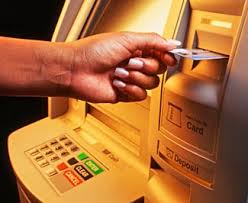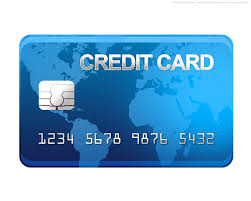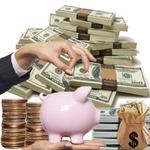
ATM Charges
Greg McBride, Chief Financial Analyst for Bank rate reported that ATM fees and overdraft fees go up year in and year out. The average surcharge for out-of-network ATM withdrawals have risen 6.5% for the 10th year in a row of increased fees.
ATM fees are the price you pay for not planning ahead to get to an in-network ATM or for picking a bank that doesn’t have ATMs close to where you live or work. There are smart phone apps that will help consumers find the nearest in network ATMs to help you avoid these fees. Consumers can take comfort in the fact that with a little advanced planning, they can avoid any bank fees completely.
There are actually two fees that can be charged to the customer using other banks ATMs. One fee is charged by the bank that owns the ATM and another fee is charged by the customers own bank. Both of these fees have gone up. Together these fees can be as high as $4.35. That represents an increase of more than 5% from last year.
The cities with the highest ATM fees in the nation are Milwaukee, Phoenix, Houston, Cincinnati, San Francisco and San Diego.
Overdraft Fees
For the 16th consecutive year, overdraft fees have risen with the average cost at $32.74 per transaction.
Consumers can choose what type of overdraft protection they want to have on each account. Without overdraft protection debit card transactions that create insufficient funds can just be declined without any overdraft fees. This cannot be done for automatic withdrawals like mortgage payments.
Limit Your Expenses
Limiting these types of bank fees is always within the reach of the consumer. Smart phone apps can be set to alert you when you have reached a minimum balance. Apps can also point you to the closest ATM for your particular bank. These kinds of fees are basically the result of a “sloppy financial habit,” says McBride.






